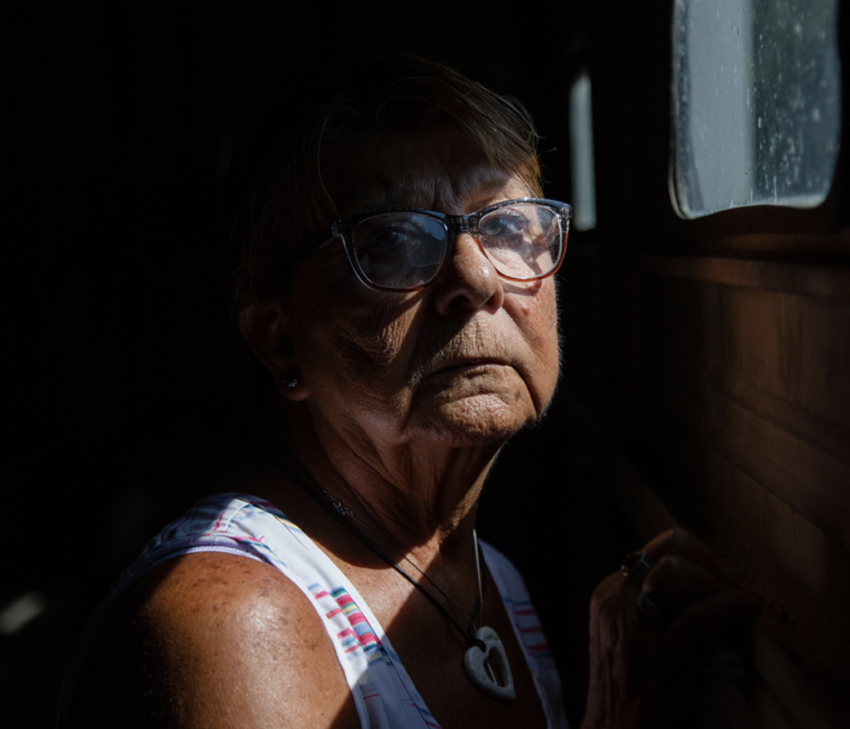SCIENCE.ORG – Neither vaccinations nor immunity from infections seem to thwart SARS-CoV-2 for long.
The frequency of new infections within a few months of a previous bout or a shot is one of COVID-19’s most vexing puzzles. Now, scientists have learned that a little-known type of immune cell in the bone marrow may play a major role in this failure.
The study, which appeared last month in Nature Medicine, found that people who received repeated doses of vaccine, and in some cases also became infected with SARS-CoV-2, largely failed to make special antibody-producing cells called long-lived plasma cells (LLPCs).
“That’s really, really interesting,” says Mark Slifka, an immunologist at the Oregon Health & Science University who was not involved with the work.
The study authors say their finding may indicate a way to make better COVID-19 vaccines: by altering how they present the spike surface protein of SARS-CoV-2 to a person’s immune cells.
…article continued below
– Advertisement –
Durability is an age-old bugaboo of vaccine designers. Some vaccines, particularly ones made from weakened versions of viruses, can protect people for decades, even life. Yet others lose effectiveness within months.
“We really haven’t overcome this challenge,” says Akiko Iwasaki, a Yale University immunologist who is developing a nasal COVID-19 vaccine she hopes can be given often enough to get around the durability problem.
Just how long a shot can protect against SARS-CoV-2 is hard to assess because variants of the virus, able to evade existing immunity, frequently emerge.
And new infections muddle attempts to assess vaccine durability because they provide a “boost” that keeps immunity from waning.
Multiple immune actors also provide protection, including antibodies, T cells, and natural killer cells.
…article continued below
– Advertisement –
To get a clearer picture, the new study examined LLPCs, which are responsible for durable immunity to some other viruses. These cells, the offspring of B cells, primarily reside in the bone marrow …
